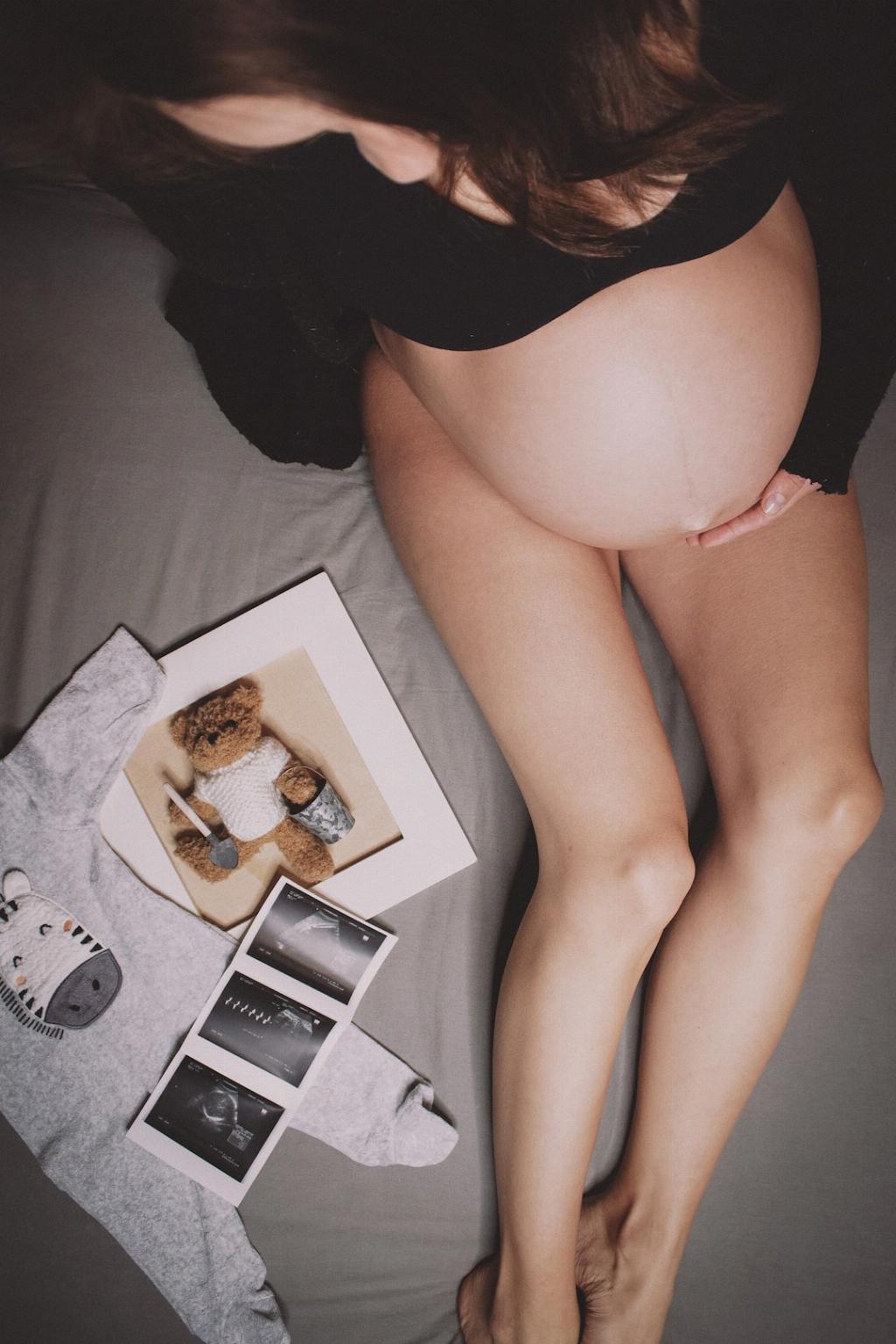One common concern for individuals who have had a cesarean section (C-section) is when they can expect their menstrual cycle to resume after giving birth through this procedure. While the timeline can vary, there are some general patterns that can help predict when periods are likely to start following a C-section.
Factors Influencing Menstruation
Several factors can influence the timing of menstruation after a C-section. For individuals who are not breastfeeding, the return of menstruation typically occurs within 6 to 8 weeks post-delivery. This timeline may vary depending on individual health factors, hormonal changes, and other variables.
Impact of Breastfeeding
For individuals who choose to breastfeed their baby after a C-section, the return of menstruation may be delayed. Breastfeeding can suppress ovulation, leading to a longer interval before the menstrual cycle resumes. This delay in menstruation is often referred to as lactational amenorrhea.
Consistency Across C-sections
It’s important to note that the history of prior C-sections does not significantly impact the timing of menstruation after a C-section. Whether it is the first C-section or subsequent surgeries, the return of periods tends to follow similar patterns based on breastfeeding practices and individual hormonal responses.
Individual Variability
While there are general timelines for the resumption of menstruation after a C-section, it’s essential to recognize that each person’s body may respond differently. Some individuals may experience a quicker return to menstrual cycles, while others may have a more extended period of amenorrhea, particularly if they are breastfeeding.
Postpartum Hormonal Fluctuations
Postpartum hormonal changes play a significant role in the timing of menstruation after a C-section. The body undergoes a series of adjustments following childbirth, which can influence the resumption of ovulation and the onset of menstruation. These hormonal fluctuations can vary from person to person.
Health and Wellness Factors
Factors such as overall health, nutritional status, stress levels, and physical activity can also impact the return of periods after a C-section. Maintaining a healthy lifestyle and addressing any underlying health issues can support hormonal balance and aid in the regularity of menstruation post-delivery.
Consultation with Healthcare Providers
If individuals have concerns about the timing of their periods after a C-section, it is advisable to consult with healthcare providers. Obstetricians, gynecologists, or other healthcare professionals can offer personalized advice based on individual circumstances and provide guidance on postpartum menstrual health.
Emotional and Psychological Impact
The resumption of menstruation after a C-section can also have emotional and psychological implications for some individuals. It may signal the return to a familiar cycle or bring about changes in mood and emotions. It’s essential to address any emotional concerns and seek support if needed during this transition.
Postpartum Recovery and Self-care
As the body undergoes the recovery process following a C-section, practicing self-care and prioritizing postpartum well-being can support overall health and hormonal balance. Adequate rest, proper nutrition, gentle physical activity, and emotional self-care can contribute to a smoother transition into the postpartum period.
Tracking Menstrual Patterns
Keeping track of menstrual patterns and any changes in the menstrual cycle after a C-section can provide valuable insights into postpartum health. Monitoring the duration, flow, and regularity of periods can help individuals gain a better understanding of their hormonal balance and overall well-being.
Conclusion
In conclusion, the timing of periods after a C-section can vary based on individual factors such as breastfeeding, hormonal fluctuations, and overall health. While most individuals can expect menstruation to return within 6 to 8 weeks post-delivery if not breastfeeding, it’s essential to recognize the variability in menstrual patterns and seek support from healthcare providers if needed.

